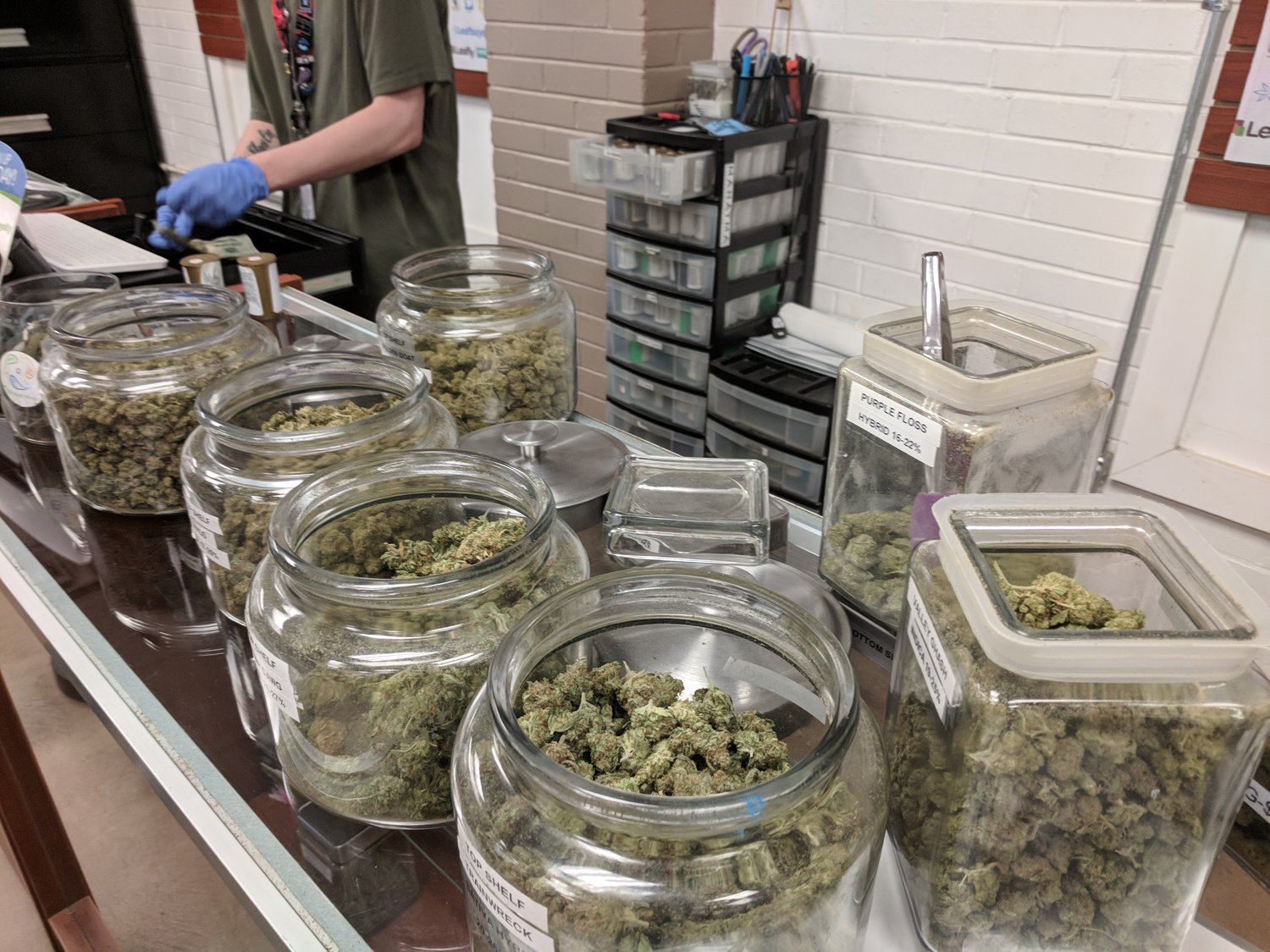Village opts out on marketing of marijuana
While New York state legalized recreational use of marijuana last week, the Village of Freeport, along with Atlantic Beach, Island Park and Rockville Centre, has opted out of the law, and will prohibit the sale of cannabis in the village.
Mayor Robert Kennedy said, “Freeport will oppose the sale and distribution of marijuana” over concerns that more people will drive while under the influence of the drug.
“Both the Freeport Police and myself are not satisfied with the inability to test the extent of influence marijuana has on an individual while operating a motor vehicle,” Kennedy said.
“While the bill does authorize a study for the development of a roadside test for marijuana similar to a breathalyzer, no such test currently exists,” noted State Assemblywoman Judy Griffin, a Democrat from Rockville Centre who voted against legalization. “We currently do not have the enforcement mechanisms necessary to prevent New Yorkers from driving under the influence of this drug.”
Spanning 128 pages, the Marijuana Regulation and Taxation Act addresses everything from enforcement and criminal justice reform to how taxes will be levied against marijuana producers and retailers and how that revenue can be spent.
Among the major provisions in the legislation is the creation of a new agency to regulate marijuana sales. The Office of Cannabis Management and its five-person governing board will be the chief entity responsible for regulating the state’s nascent marijuana industry, setting the number of sale and use permits allowed per region and recommending new regulations, among many other responsibilities.
Local governments will be eligible for 4 percent of cannabis tax revenue.
While the legalization of marijuana will create new revenue sources, many in Freeport were split over the village’s decision to ban businesses from selling marijuana.
“I feel like w’re losing out on an opportunity to make money and use those funds for improvements,” Jasmine Pena said.
“I think it’s a shortsighted decision by the mayor more based on fear than any actual concerns,” Alex Gold added. “It’s already legal to smoke. Freeport might as well receive the tax benefits that come from sales.”
“I agree with Freeport,” Vince Kurinskas said. “If you advocate for drug usage, what else will you push for tax dollars? I believe it’s a moral issue.”
“Growing up, Freeport was a drug-free zone,” Tracy Esquivel recalled. “And to be honest, I’d rather keep it that way.”
Kennedy said that while the revenue would be welcome, the decision was a moral one based on nationwide studies on driving while under the influence of marijuana. According to the National Highway Traffic Safety Administration, the number of weekend nighttime drivers who tested positive for the presence of marijuana rose from 8.6 percent in 2007 to 12.6 percent by 2014, with the number likely to have risen since then.
After Colorado became one of the first two states to legalize recreational marijuana use in 2012, the Colorado Association of Chiefs of Police noted that the number of fatalities in crashes in which drivers tested positive for THC rose from 18 in 2013 to 77 by 2016.
According to New York’s new law, tax dollars from cannabis sales will be directed toward law enforcement and education programs to ensure underage children do not have access to marijuana and police are better able to enforce DUI laws.
The law also sets out to try and repair the harm that marijuana enforcement has had on communities of color, with Black and Latino people disproportionately affected by enforcement.
In Nassau County, Black and Hispanic people make up 25 percent of the population, but account for 55 percent of marijuana arrests, according to a 2018 report from the New York Civil Liberties Union. A Black or Hispanic person is four times more likely to be arrested for marijuana possession than a white one, the same report read.
The new law automatically expunged arrest records statewide for low-level marijuana offenses.
Forty percent of tax dollars generated from the industry will go to a fund for social equity, which will support several service programs such as workforce development and programs for families who have been hurt by drug enforcement laws, state officials said.
While the law was signed last week, the commercial sale of marijuana will not happen in New York for at least another year, officials added
Although Freeport officials have decided to opt out of marijuana sales, residents are allowed to hold a referendum to override the village’s decision, according to the law.

 49.0°,
Fair
49.0°,
Fair 




